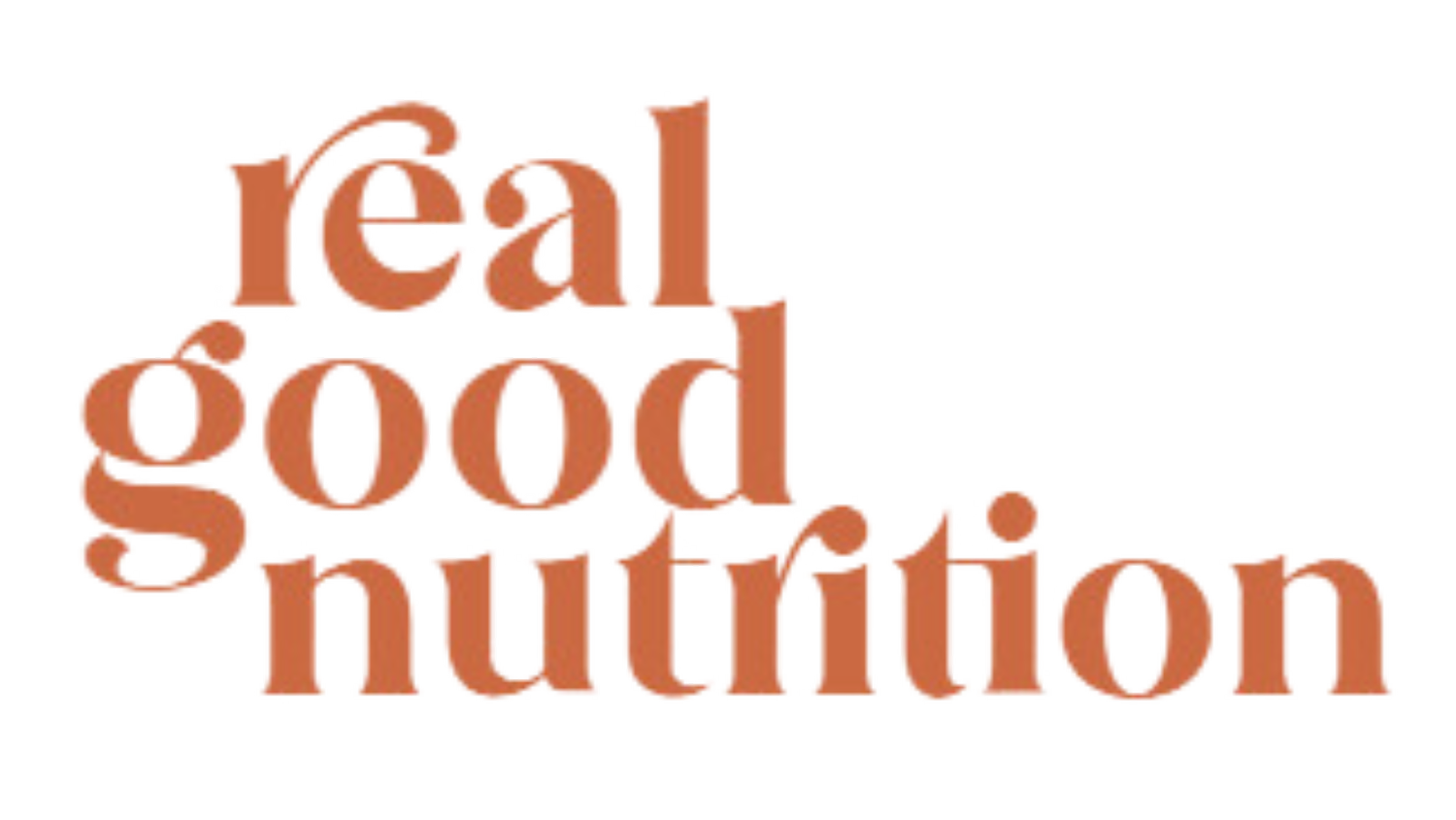Supporting Your Hormonal Clock with Food.
Written by Jenna Ray, Dietetics Student at the University of Wisconsin-Madison
Have you ever wondered why you crave certain foods during a particular day or why some days you can’t seem to eat enough to curb your hunger? Or maybe why some days cardio-intensive workouts just don't seem appealing to you and other days you feel like you could run a half marathon? If this sounds like you, you can give thanks to your hormones for these confusing day-to-day changes!
And when I say hormones, I don't just mean the things that cause premenstrual syndrome (PMS) and the all too well-known moodiness associated with this time. I’m talking about the hormones that regulate our sleep, digestion, metabolism, sex drive, energy levels, emotions, brain chemistry, etc. Certain hormones are controlled by our circadian rhythms – otherwise known as the 24-hour biological clock — and for people with ovaries, other hormones are influenced by their 28-day infradian rhythms.
This second clock for people with ovaries begins at puberty and continues to regulate their bodily processes and functions until they reach menopause. The infradian rhythm controls one’s monthly menstrual cycle and the four phases that characterize this (and if you’re not yet aware, there is MUCH more to your period than just a few days of bleeding!).
To live cyclically and embrace the bodies’ natural processes, it is incredibly important to choose phase-specific foods, workouts, and habits that align with your hormone levels and fluctuations. Embracing the weekly changes of your body's hormone levels can help you to better understand why you may feel a certain way every month, improve health conditions and fertility issues, and allow you to reframe the way that you think about periods and the negative connotations surrounding them.
To simplify the concept of living cyclically, you can think of your diet like your mood. You don’t wake up every day and feel the same as you did yesterday. This same concept can be applied to the food you eat. Just like how your mood and emotions change on a day-to-day basis, so do your micronutrient needs!
Now that you better understand how the infradian rhythm dictates every bodily process, let's dive into what categorizes each phase of this cycle and how these phases change over the course of a month.
Follicular Phase
7-10 days
During this phase, hormone levels are low but increase as the pituitary gland is signaled to release follicular stimulating hormone (FSH) to the ovaries. Foods that are fresh and light can help to optimize the benefits of this energizing phase.
Specific foods that are great during the follicular phase include but are not limited to:
Ovulatory Phase
3-4 days
During this next phase, estrogen levels are at their highest which causes increased energy levels and stable moods. Filling up on lots of veggies, antioxidant-rich foods, and high-fiber options during this period is extremely important.
Specific foods that are great during the ovulatory phase include but are not limited to:
Luteal Phase
7-10 days
During this phase, your body requires more calories and energy-dense foods due to an increase in your metabolism. To support the higher levels of progesterone in your body, it is important to focus on B-vitamins and to stabilize your blood sugar with slow-burning carbohydrates and high-fiber foods.
Specific foods that are great during the luteal phase include but are not limited to:
Menstrual Phase
3-7 days
During this phase, your hormone levels are at their lowest, so it is important to stabilize your mood and support your bodily functions with healthy fats and quality proteins during this time. Focus on cooked and warmer foods and nutrient-dense options. Specific foods that are great during the menstrual phase include but are not limited to:
If you're curious about this topic and want to learn more, check out Alisa Vitti’s book, In the FLO! In the book Alisa dives into common hormonal issues, how to embrace your hormone fluctuations, and why we should be focusing more on our infradian rhythms.
Thank you so much to Jenna Ray for sharing your research and passion on this topic!Need support with hormonal issues?
If you need help with PCOS, hypothalamic amenorrhea, or other concerns related to hormones, let’s see if we’re a good fit!
Fill out an application to work with us here.
🤍
Source: Information adapted and sourced from the book In the FLO by Alisa Vitti.
Note: All information in this and all The Real Good Blog posts is for educational purposes only. This information is not intended to diagnose or treat any health-related condition. Please check with your healthcare provider before making changes to your health plan.






